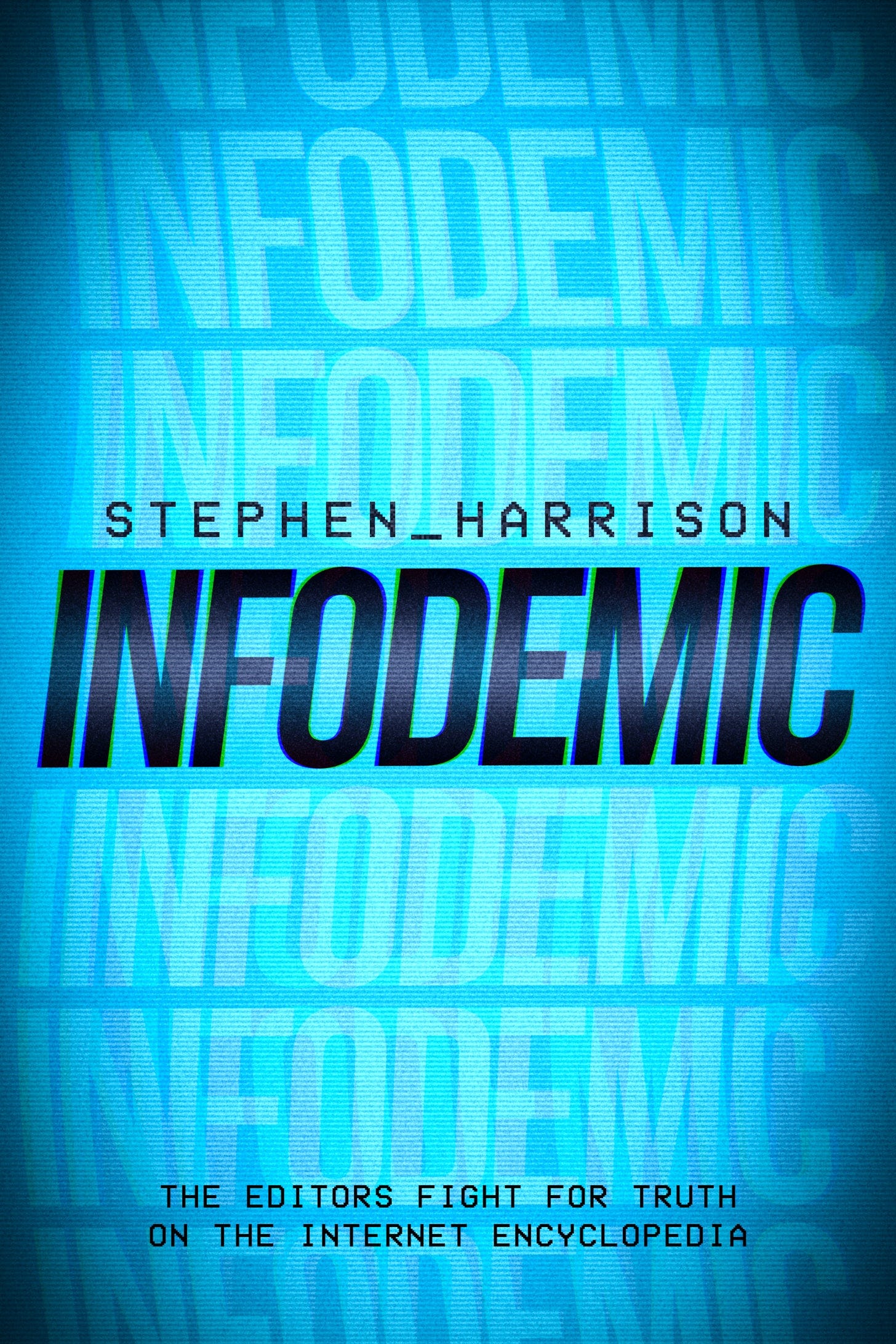Wikipedia's War on the Daily Mail
Wikipedians are willing to reject newspapers that flagrantly disregard the truth—even if those publications are otherwise popular
Sometimes (a lot of times?) the internal politics of Wikipedia mirrors its real-world counterparts. In January 2017, the United Kingdom House of Commons launched a parliamentary inquiry into the “growing phenomenon of fake news.” The chairman behind the inquiry expressed concern about the effect of fabricated news stories on democracy, particularly the influence on voters in the recent United States election.
That same month, the English Wikipedia user Hillbillyholiday launched a “Request for comment” about the Daily Mail, a top-selling British tabloid newspaper. Volunteer Wikipedia editors argued that the Daily Mail had made a habit of spreading misinformation, referencing the paper’s then-recent sanctions from the International Press Standards Organisation for violating professional norms for accuracy. After an extended discussion process, the Wikipedia editing community decided that the Daily Mail was a “generally unreliable” source that should not be used on Wikipedia. Going forward, any user who attempted to cite the tabloid on a Wikipedia page would receive a warning and a request to cite a more reliable publication.
At the time, Wikipedia’s judgment about the Daily Mail generated a significant amount of media attention, especially in the British press. The Times, the Guardian, and the HuffPost U.K. all reported on the unprecedented ban. Wikipedia’s co-founder Jimmy Wales, a British citizen since 2019, agreed with the Wikipedia community’s decision, noting that the Daily Mail had mastered the art of running false clickbait stories. Meanwhile the Daily Mail punched back at Wikipedia with an inflammatory article attacking both the site’s individual volunteers and the project as a whole.
The Wikipedia community upheld its decision regarding the Daily Mail in 2018, and since then, there has been a lot less coverage about the site’s relationship with the newspaper. Based on an archived version of Wikipedia from Jan. 1, 2017, there were at that point more than 30,000 articles using the Daily Mail as a reference. Earlier this month, a Reddit user posted that Wikipedia was now down to fewer than 10,000 uses of the Daily Mail as a source. “As far as I can tell, there’s been no journalistic interest in these basic issues of why Wikipedia editors make the decisions they do, and how they give effect to them, despite the fact the announcement of the ban was basically worldwide news,” wrote Reddit user ronsmith7.
Well, ronsmith7, today is your lucky day because this journalist is interested in those issues. The Wikipedia community’s deprecation of the Daily Mail shows that the project’s volunteers are unwilling to accept that all publications are equally reliable. Moreover, Wikipedians are willing to reject newspapers that flagrantly disregard the truth—even if those publications are otherwise popular.
⟩⟩ Continue reading my latest story for Slate
I also wanted to send an update on the status of Infodemic, one of three winners in the 2020 Inkshares contest, and scheduled for publication next year. I have now finished working on the manuscript with an outside editor, the talented and lovely Michele Abramowitz.
As of Friday, I have passed the manuscript onto the Inkshares team and am awaiting the next steps. Thanks again to everyone who has preordered a copy of the novel or otherwise supported this book throughout 2020/2021.
All the best,
Stephen



